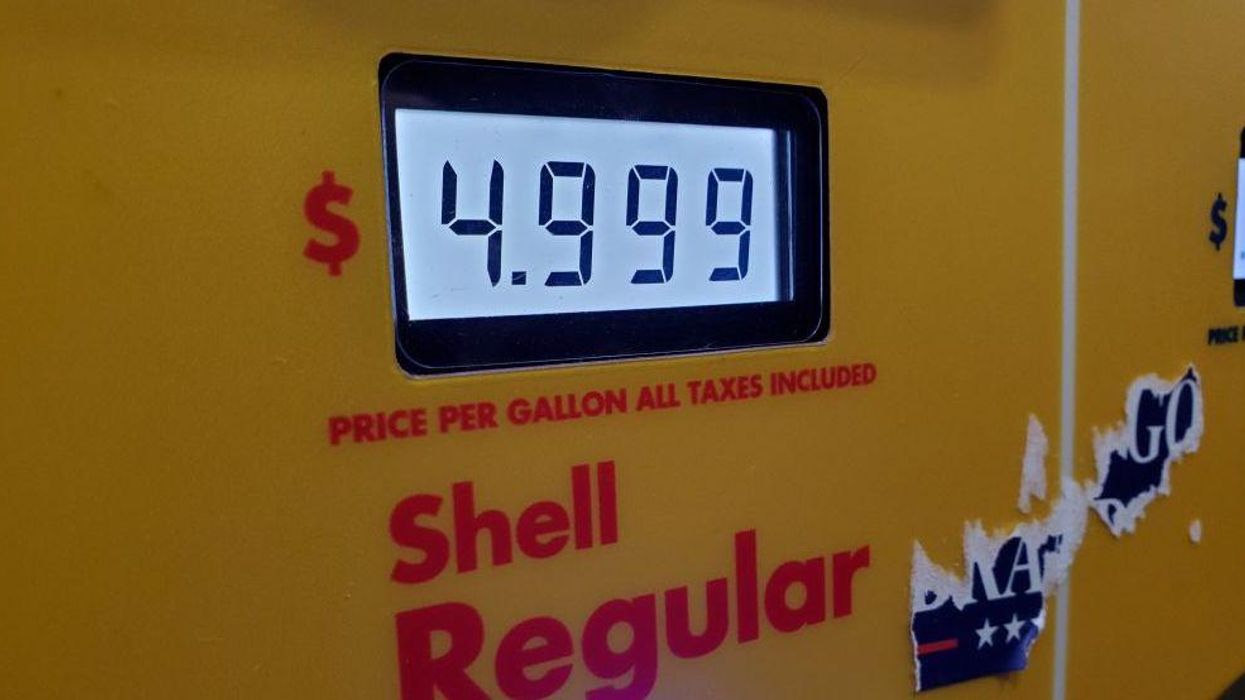
Smith Collection/Gado/Getty Images

Economists at the Federal Reserve of Dallas published analysis this week debunking a popular claim that Democrats make against oil companies.
As gas prices reached new record highs this week, the popular Democratic talking point — that oil and gas companies are profiteering — was recycled into the national conversation.
The New Yorker published an essay titled, "As Gas Prices Reach New Highs, Oil Companies Are Profiteering." Contained in the publication are quotations from various Democrats, including President Joe Biden, that accuse oil companies of not spending the resources necessary to beef up production of oil and gas because they care more about their profit margins.
Next week, the House is even voting on legislation promoted by Democrats to combat the oil industry's alleged exploitation of consumers.
Garrett Golding and Lutz Kilian, senior economic analysts at the Federal Reserve of Dallas, explained that profiteering and price gouging are not contributing to the staggering price of gas.
Two facts in particular disprove this myth. Golding and Kilian explained:
Meanwhile, they explained that in March 2022, when the average price of gasoline was $4.22 per gallon, 59% of the cost was directly related to the price of the oil, while 18% of the cost was refining the oil, 12% of the cost was distribution and marketing, and the remaining 12% was the cost of taxes.
The economists also addressed asymmetric nature of gas price changes.
[T]he asymmetry of the response of retail gasoline prices need not be evidence of price gouging. One potential explanation is that station operators are recapturing margins lost during the upswing, when gas stations were initially slow to increase pump prices. The reluctance to lower retail prices also likely reflects concerns that oil prices—and, hence, wholesale gasoline prices—may quickly rebound, eating into station profit margins.
Another possible reason for this asymmetry is consumers’ tendency to more intensively search for lower pump prices as gasoline prices rise than when they decline. This diminished search effort provides further pricing power to gas stations, causing prices to fall more slowly than they rose. This has prompted researchers to liken the response of gasoline prices to higher oil prices to a rocket—and the response to lower oil prices to a feather.
Gas prices hit another record high on Friday, according to AAA, when the national average of gas reached $4.43 per gallon.